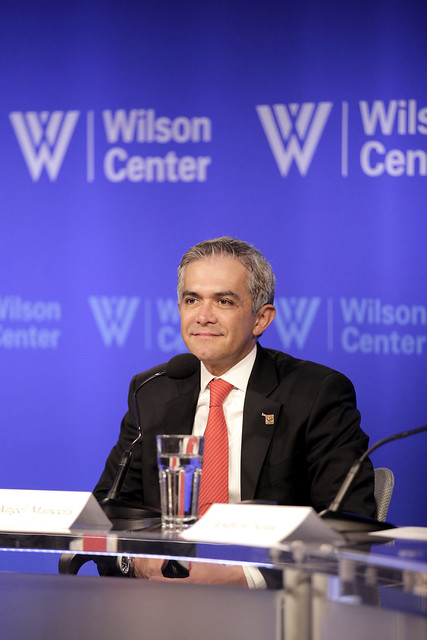06/13/2015
As we wrote here, the midterm election pointed out to some likely unexpected results. Those results finally materialized and provided interesting surprises.
Undoubtedly, the best news was the electoral turnout, despite the threats of violence, boycott, abstention and rallies for “ballot annulling”. With 47% of the voters list showing up, it was the busiest midterm election since 1997. At State level, turnout surpassed an astonishing 60% in Nuevo León. Clearly, people opted for a democratic way to reject violence and provocation.
Interestingly, the percentage of invalid ballots (4.78%) was smaller than in 2009 (5.3%) defeating the “anulista” movement call to waste the whole electoral process. And surprises went even farther:
- The victories of the “independent” candidates, or more accurately “no party candidates”. The cases of Pedro Kumamoto (local representative in Jalisco), Manuel Clouthier (Congressman from Sinaloa), César Valdez (mayor in Nuevo León), Alfonso Martínez (mayor in Michoacán) and the rising star Jaime Rodriguez Calderón, a.k.a “Bronco”, elected governor of prosperous northern State of Nuevo León.
- The punishment vote and alternation. Five states switched from political colors, as voters punished serious corruption allegations against PAN governor Guillermo Padrés of Sonora and PRI´s governor Rodrigo Medina in Nuevo León. Or as a reaction to blatant abandonment as was the case of PRD in Guerrero and PRI in Michoacán. Finally but on a separate file, the enigmatic loss of PRI´s highly rated administration of Gov. José Calzada in central State of Queretaro, probably due more to an unconvincing campaign by the official candidate or to the decision of a more sophisticated electorate.
- Mexico City entering the multi-party system, as voters chose to end18 years of left wing PRD hegemony in the federal district. The party will retain 6 of 16 “delegaciones” (municipalities), while newcomer Morena wins 5, PRI gets 3 and PAN 2. In local Congress elections, Lopez Obrador´s new party Morena gives an outstanding performance wresting the majority of seats forcing down the PRD to second place and right wing PAN to third.
- Nationwide, Morena enters the stage as the fourth political force, displacing the green party PVEM. Surely a strong platform for Lopez Obrador´s 2018 presidential ambitions, but that could also prove insufficient to the task.
- The three major parties end up losing votes (PRD in a lesser proportion, by the way) but keep the 2012 ranking in Congress, conveying an implicit endorsement to the Pacto por México.
As anticipated, PRI´s victory (along with its allies the Green Party PVEM and the Teachers´ Union Party PANAL) reversed the trend set by the three previous midterm elections where the ruling party lost majority in Congress.
What they make of this victory will give abundant material for further discussion.
* Lawyer and political analyst. Journalist in the newspaper El Economista and TV presenter in Canal del Congreso and AprendeTV in Mexico.




 Allied with the governing PRI, the party has little to say about deforestation or climate change and critics call it a family firm ‘bordering on organised crime’
Allied with the governing PRI, the party has little to say about deforestation or climate change and critics call it a family firm ‘bordering on organised crime’






